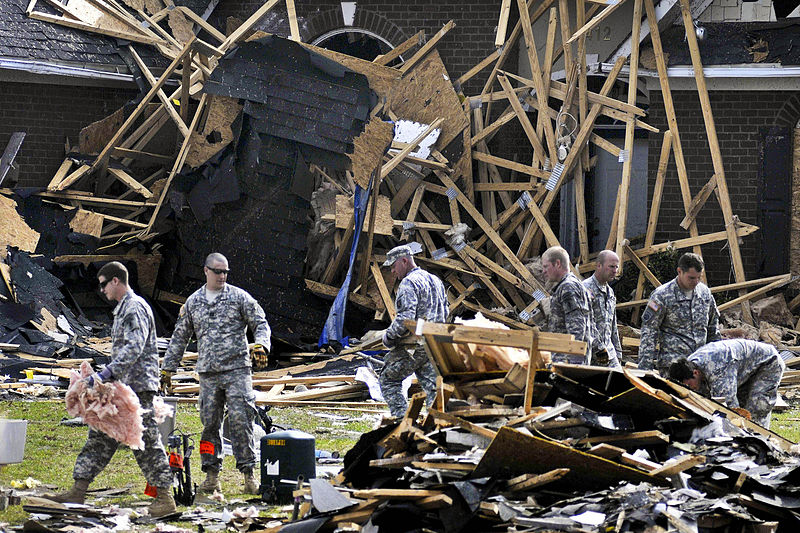
Sitting here on Monday morning, wondering what tourism topic to write about for my final blog before this year’s WTM, I watched the rain and wind buffet my window, trees shake in the woods outside. And scanning the news websites over lunch, and speaking to my wife, I learnt how the bad weather had caused travel disruptions affecting everything from the Northern Line to Heathrow airport. Seeing the weather my first thought is – I don’t want to go anywhere.
Now of course, in a typically British way, it’s sunny. And so, like most people, I shrug my shoulders at apocalypse averted and carry on. But an hour later, following a call from my neighbour downstairs to alert me to water coming through the roof and then another from Greenpeace asking me to support their activists protesting Russia’s drilling in the Arctic, and I’m thinking about climate change and tourism again. I can’t deny it – even here, on the top of a hill in mild mannered north London, it feels like these things are getting worse. Colder winters, bigger storms. More of them, and more intense.

According to a recent report from the Norwegian Meteorological Institute and the European national science academies, “Studies suggest higher precipitation intensity for Northern Europe and increased dry-spell length for Southern Europe. High intensity and extreme precipitation are expected to become more frequent within the next 70 years.” Another report out last month in the Proceedings of the National Academy of Sciences said much the same for the US, predicting that springtime severe thunderstorms, which cause tornadoes amongst other destructive forces – could increase by up to 40% over the eastern US by the end of the century.
And at a much more personal and poignant level there is a case currently being heard in New Zealand of a man and his wife from Kiribati who are claiming asylum on the grounds that they can’t go back to their country – because climate change is making it unliveable. And for anyone thinking this sounds like an abuse of the system – he’s not the only Kiribati national with such concerns. According to an article in Think Progress: “Kiribati’s president Anote Tong is well aware of this fact and has suggested mass relocation to Fiji or even construction of floating island-type accommodation. The Kiribati government has already paid a deposit for 6,000 acres in Fiji for crop growing to provide food security.”
So how does this affect me?

Maybe (hopefully) you are also concerned about the risks of climate change, and want to do your bit to avert catastrophe. Maybe you are not so sure why, but see changes in the weather and know they are affecting your country. Or maybe you think its all a scam, in which case, rather than trying to persuade you of the science, consider the following: heating can account for 60 per cent of a hotel’s total energy costs, and lighting around 25 per cent, according to the Carbon Trust. Energy prices are going up. When it comes to climate change and tourism, if you make your business more energy and heat efficient, you’ll make more money.
Whatever your response to storms and sea level rises, if you work in tourism, then a big question has to be: how will we cope with the huge changes coming to our destinations and travel routes? Much of this industry has exceedingly high resource demands, from water for its spas and golf courses to energy to air condition its rooms and light its hotels. Can we still meet our demands, without compromising the basic needs of the people who live in the same regions? What would be the consequences both for climate change and tourism if we didn’t?
If you are looking to answers to these fundamental questions, then a travel industry event that sees thousands of people flying to a blustery London in November may seem a funny place to be start. But where else can you find people from Kiribati, or other low lying islands like the Maldives alongside Alpine ski resort managers wondering where the snow has gone? Or an African tourism minister who was formally his country’s minister for the environment sharing the stage with the head of a middle eastern hotel chain? Or the chance to meet huge numbers of responsible tourism practitioners, reducing their resorts’ energy needs, investing in low water technologies or supporting local agriculture?
World Travel Market really isn’t a strange place to ask what we can do about the biggest shared issue we have. It’s the right one.

